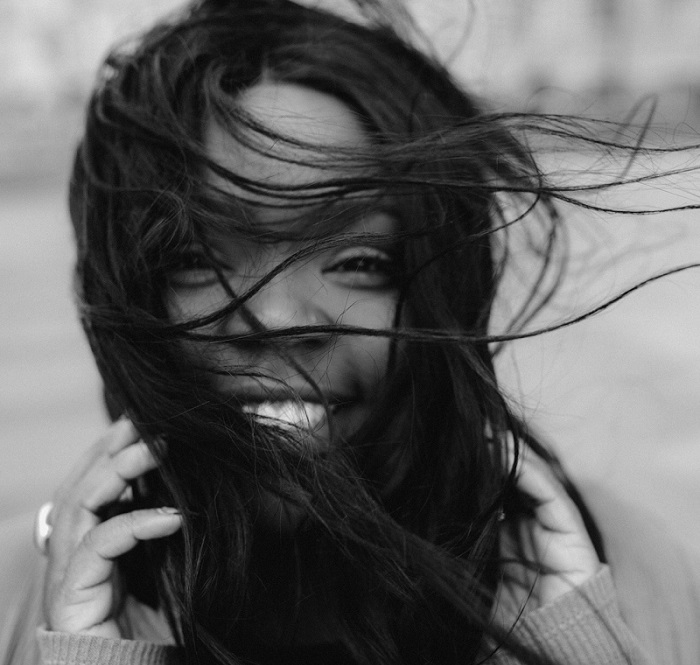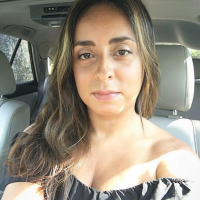I am someone who holds on, someone who gets attached.
To people? Yes. (Although, trust me, I’ve come a long way.)
But even more profoundly to feelings and experiences and thoughts of how it shoulda, coulda, woulda been.
I am someone who understands, on an intellectual level, and is learning every day to accept, on a heart level, that life is change. That things will end. That letting go is part of the process, the name of the game—how we move forward.
But that doesn’t make these endings any easier.
And the hardest endings, at least for me, are the messy ones. The ones where we feel slighted or betrayed or are walking away with anger and hurt feelings.
The endings where forgiveness seems impossible.
I’ve done the “easier” endings before. The neat ones where you both say what needs to be said and then choose to walk away with love and respect. And while those still hurt, there’s often something full circle about the experience, like we’re walking away changed for the better, with our hearts still open and ready to let the next someone in.
Those messy endings are something else though.
I’ve ended relationships with former friends and past lovers and used-to-be family members who have disrespected me. Who have used me. Who have lied to me. Who have cheated on me. Who have talked negatively about me behind my back—and to my face. Who have been jealous of me. Who haven’t seen me. Who have kept secrets from me. Who haven’t been there for me when I needed them. Who have made it crystal clear that I wasn’t a priority to them.
None of those choices were particularly easy—walking away rarely is—but some were definitely easier than others. And just like walking away, staying away can be difficult, even when we’ve been hurt or know this person isn’t good for us. Thankfully, with time and healing, I’ve gotten to a place where I genuinely have no desire to have any of these people in my life, and not because I’m holding a grudge, but because I recognize the peace their absence brings.
What I have a harder time finding peace with is the way some of these endings occurred. With what was said or done, or not said or done. With how this person chose to treat me. With how I chose to respond. And so, there are moments when I find myself replaying conversations in my head. Or imagining if events had played out differently. I find myself trapped in the shoulda, coulda, wouldas.
And this has made forgiveness tricky for me.
A few nights ago, I sat down to watch Oprah’s Netflix special with actress Viola Davis about her memoir, Finding Me. At one point, while discussing Davis’s complicated, painful relationship with her father, the topic of forgiveness came up.
Oprah then recited a quote of hers, one that I had heard years ago but that now hit my heart differently:
“Forgiveness is giving up the hope that the past could have been any different.”
So often, we associate forgiveness with our feelings toward the other person, the one who hurt us. We believe that forgiveness only comes when we no longer feel anger or negativity toward them. When we can look at them or think of them and wish them well. And that’s a lovely thought, but it’s not everything.
Then there’s the idea that forgiveness is about us. It’s about not holding on to what was done to us, and letting go of all the hurt feelings so we can move forward. It’s a way to free ourselves. And again, while that’s a lovely thought, it’s not everything.
What these 14 words say to me is that forgiveness isn’t about them or us. Forgiveness is about perspective. Forgiveness is about acceptance. Forgiveness is about giving up our shoulda, coulda, wouldas.
Forgiveness is about understanding that even if we’re still angry at this person, even if we’re still disappointed with ourselves, we can recognize, we can accept—even when it’s hard or sad or disappointing—that this was the way things were meant to end because this was the way they did end.
We can let go of the hope that our past should have, could have, or would have been any different. And then we can begin to embrace our past for exactly what it was.
~












Read 6 comments and reply